Did you happen to see this article yesterday from NBC’s Ken Dilanian? It’s about some new study that claims Russian-bought Facebook ads and Twitter retweets helped President Trump win in 2016:
New study: Russian propaganda may really have helped Trump in 2016 https://t.co/axWC65YMKp via @nbcnews
— Ken Dilanian (@KenDilanianNBC) July 1, 2019
The study even laughably claims that for “every 25,000 re-tweets by accounts connected to a Russian troll farm predicted a one percent increase in opinion polls for Trump in 2016”:
Jared Kushner called it "a couple of Facebook ads." But a new study found that every 25,000 re-tweets by accounts connected to a Russian troll farm predicted a one percent increase in opinion polls for Trump in 2016. https://t.co/axWC65YMKp
— Ken Dilanian (@KenDilanianNBC) July 1, 2019
Axios breathlessly reported the same thing:
For every 25,000 retweets that a known Russian troll account received during the 2016 election, Trump's poll numbers jumped 1%, per a new studyhttps://t.co/g2NPTsSfWA
— Axios (@axios) July 1, 2019
But if you thought that sounded like BS, you were right. Here’s Philp Bump at the Washington Post taking a sledgehammer to the study:
Perhaps you saw reports about a study that links Russia Twitter trolling to Trump's poll numbers in 2016. Take it with any number of grains of salt. https://t.co/jFVafXyT2K
— Philip Bump (@pbump) July 2, 2019
Do read his entire analysis, but here’s the conclusion:
It’s important to note that, on its face, the idea that 25,000 retweets could drive national political polls by a percentage point seems highly unlikely. Over the course of the 2016 election, there were 75 million tweets directly related to the election itself. If only 1 percent of those were retweeted 10 times, that means that the 25,000 retweets are fitting into a flood of 75 million original and 7.5 million retweeted tweets. It means, in other words, that the requisite 25,000 retweets make up 0.03 percent of all of that Twitter activity.
(To give a sense of scale: A study by Symantec found fewer than 120,000 tweets and retweets of IRA tweets in October 2016.)
That’s only for election-related tweets, mind you. Most of the IRA tweets (like most of their Facebook ads) were qualitatively something else. For example, the tweet that received the most retweets among those offered by the IRA before the election was one from a troll posing as a liberal black woman showing a video of a woman accompanied by text, noting “the pain in her voice.” It’s not clear what the video was (Twitter removed all of the trolls’ content), but it appears to have been part of the effort to stoke division by highlighting issues of race.
If the 97,498 retweets it received all came in the same week, would this have spurred a three-plus-point rise in Trump’s polls? Or would other most-retweeted tweets, several of which similarly focused on issues of painful black experiences in the United States?
We also have to note that these were not targeted tweets, in any meaningful sense. Several of the accounts with the most tweets were named after geographic locations in an apparent attempt to appear to be legitimate news outlets in those places. The locations? Chicago, Newark, San Francisco and Kansas. None of these were really up for grabs in 2016. Chicago and Newark were probably chosen because of their large black populations, reinforcing that the goal was often as much racial division as Trump’s election.
It will be interesting to see whether other researchers are able to replicate the analysis undertaken here. We certainly can’t definitively say that no votes were changed as a result of Russian disinformation on Twitter or that no one’s political views were influenced by it. We can say, though, that this study is worth a great deal of skepticism — especially among those who are looking for evidence that Russia’s trolling handed the election to Trump.
Recommended
Oh, and for those who are saying the Mueller report found differently, don’t even go there:
This response (and any number like it) is so weird. No, it doesn't. It really doesn't. https://t.co/MdjjOTRDDs
— Philip Bump (@pbump) July 2, 2019
***















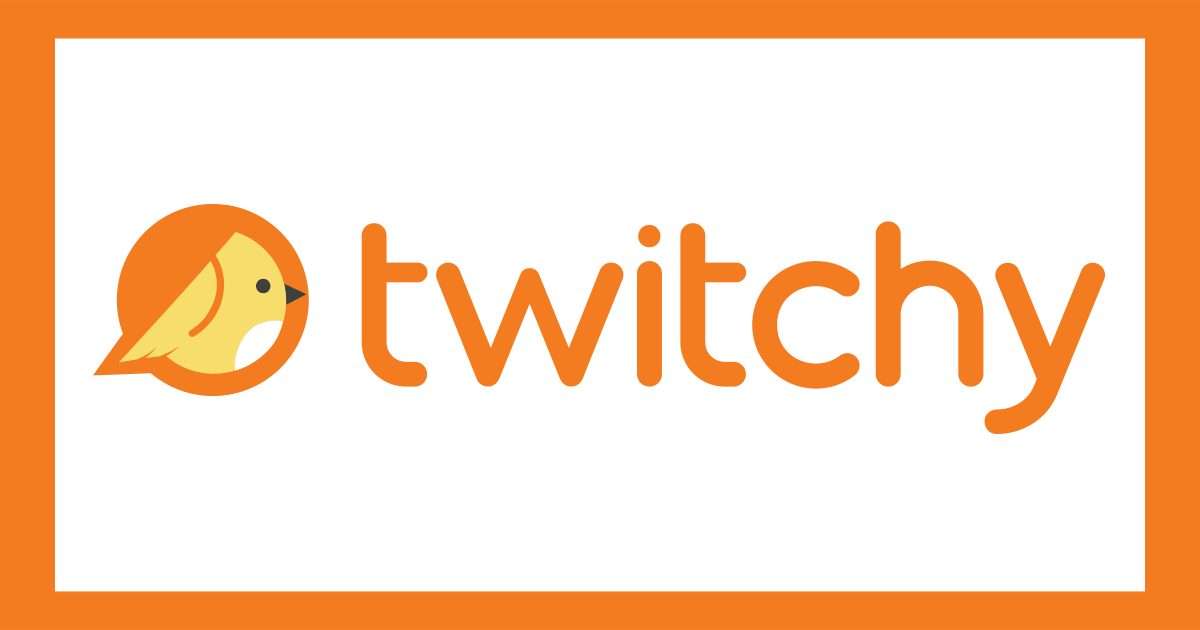
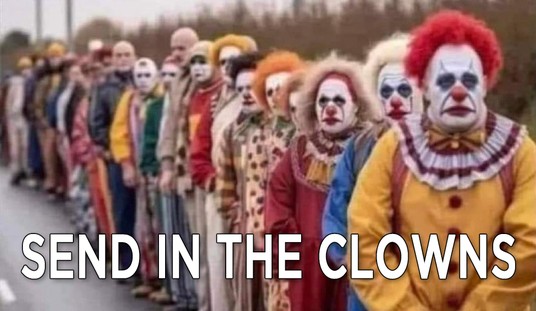
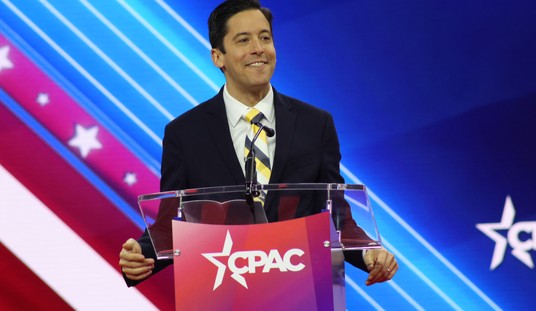
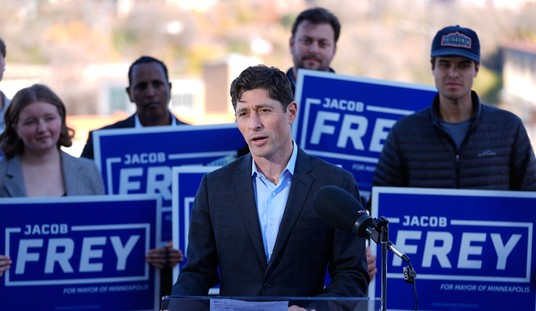
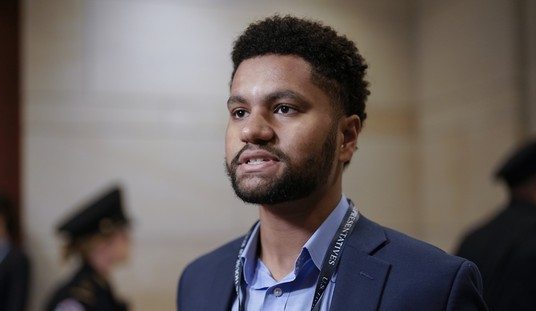
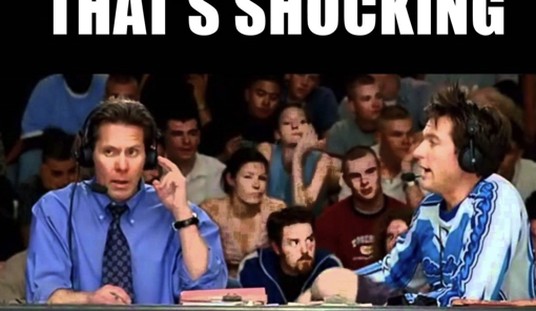
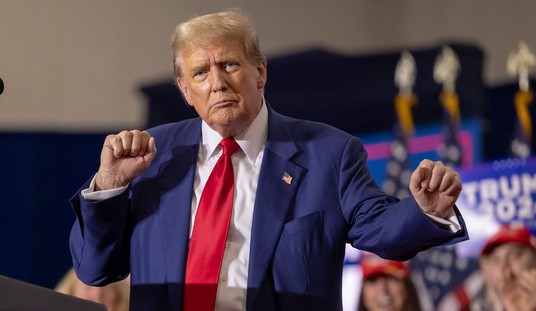

Join the conversation as a VIP Member